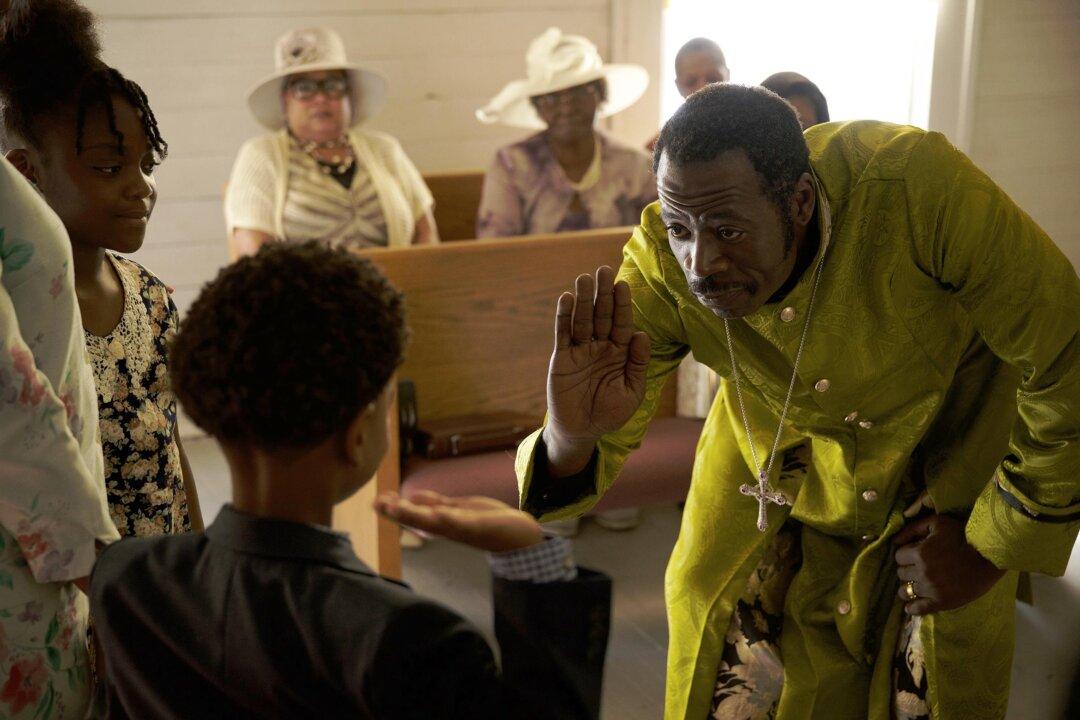PG-13 | 2h 7m | Drama | 2024
The congregation of Bennett Chapel never mentions the “a” word. We can only speculate as to their beliefs, but their actions are profoundly “pro-life,” because they use the other “a” word quite frequently: adoption.

PG-13 | 2h 7m | Drama | 2024
The congregation of Bennett Chapel never mentions the “a” word. We can only speculate as to their beliefs, but their actions are profoundly “pro-life,” because they use the other “a” word quite frequently: adoption.